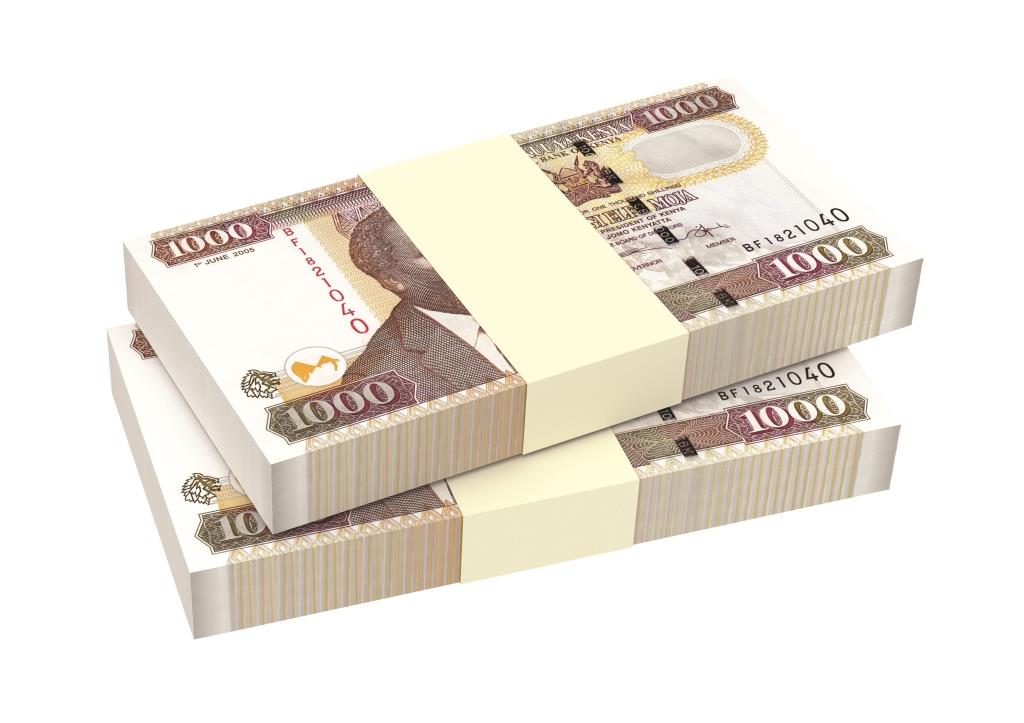After years of sliding down the World Bank’s Ease of Doing Business index, Kenya finally managed to turn things around and pull itself up to a ranking of 108 out of 189 economies. It is a rise of 28 positions from the previous year. Through wide ranging reforms, the country halted a downward trend since 2011, when it slipped to the position of 109 from 98 a year earlier, 121 in 2012 and 137 in 2013.
The latest ranking is ahead of the average sub-Saharan African ranking of 143. Much of the change is down to the government’s attitude towards economic reforms. The increased focus in the crucial areas of the access to credit; electricity; and business and property registration has yielded positive results.
For instance, the passing of legislation that allowed the sharing of both positive and negative credit information has seen the introduction of three Credit Reference Bureaus (CRBs) in the past four years. Consequently, CRB coverage of adults in the country climbed to 14%, up from 5% in 2014, a development which will simplify aid lending decisions in the country. Furthermore, sound collateral laws helped push the country to 28th position, up from 118 the previous year, and are expected to improve the ratio of private sector credit to GDP in the coming years. The average in sub-Saharan Africa on this indicator stands at 118.
On the issue of electricity supply, the reduction of procedures has cut the time it takes to connect to the grid from 158 days to 100 days. This has led to the total number of users connected to electricity, from March 2013 to date, spiking by 41%. It has also resulted in a 37% jump in the national electrification rate. In all, the initiative helped push the country to position 127, up from 141 in the previous year. Of course, much more needs to be done especially around the areas of reliability and affordability. With this in mind, the recent deal agreed with China to build the country’s first nuclear power station by 2025, with a capacity of 1,000MW, is a step in the right direction. Moreover, plans to expand installed capacity to about 6,700MW by 2017, from the current 2,500MW, should see the country climbing future rankings.
Minor improvements were seen areas such as: resolving insolvency (ranked 144, up from 145), dealing with construction permits (ranked 140, up from 152) and the registration of property (ranked 115, up from 121). The latter, through the automation of land records, has contributed to the rise is the registration of property. Areas that saw a drop in performance include: starting a business (ranked 151, down from 148), paying of taxes (101, down from 99) and the protection of minority investors (ranked 115, down from 114). Areas where performance remained flat are: trading across borders (ranked at 131) and the enforcement of contracts (ranked at 102).
In all, Kenya is on the right path and it’s resulting in reform-driven legislation. Despite the many challenges the country faces, the ongoing reforms herald good tidings for Kenya’s ease of doing business. The Business Registration Services Act, legislation that was recently enacted and not included in the report, should improve the country’s standing even further. The law, by changing the process of business registration, aims to streamline the incorporation of companies, partnerships and firms.
For policy makers, knowing where the economy stands with regards to the ease of doing business is useful. However, it might be more useful knowing the distance to frontier (DTF) scores which are indicated in the same report. DTF scores benchmark economies with respect to regulatory practice, showing the absolute distance to the best performance in each indicator. Kenya’s DTF score stands at 58.24, behind Namibia (60.17), Botswana (64.98) Rwanda (68.12) and Mauritius (75.05).
Be that as it may, Kenya has come a long way and deserves credit. Given the progress so far, aspirations to rise to 50th on the index by 2020 are valid.
